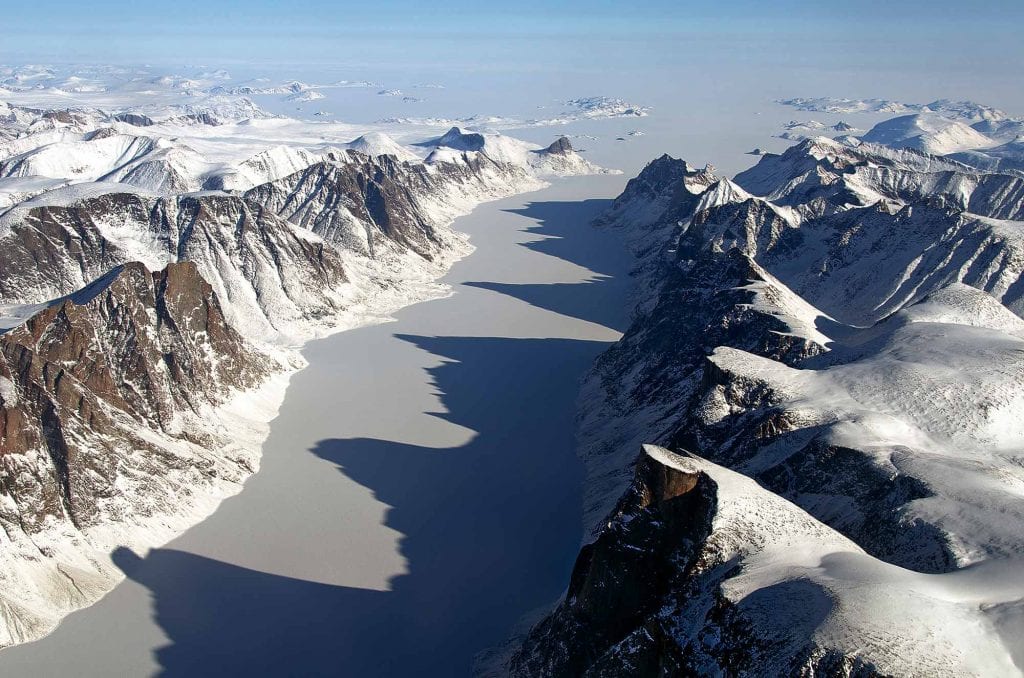Researchers at the University of Alberta in Canada have discovered two isolated subglacial lakes located 550 to 750 meters of ice beneath the Devon Ice Cap, one of the largest ice caps in the Canadian Arctic.
These lakes have been considered to be the first hypersaline (containing four to five times more salt than normal sea water) subglacial lakes in the world.
Anja Rutishauser, the PhD student who made the discovery during an analysis of radar data, said, “We weren’t looking for subglacial lakes. The ice is frozen to the ground underneath that part of the Devon Ice Cap, so we didn’t expect to find liquid water.
“We saw these radar signatures telling us there’s water, but we thought it was impossible that there could be liquid water underneath this ice, where it is below -10C”.
According to Science Daily, there are more than 400 known subglacial lakes in the world which can largely be found in Antarctica and Greenland. These are the first subglacial lakes found in the Canadian Arctic. All previously found subglacial lakes are believed to contain freshwater, these in the newest discovery are thought to consist of hypersaline water.
Professor Martin Siegert from the Imperial College of London said, “To my knowledge, this is a unique lake system. Of the [more than] 400 subglacial lakes in Antarctica, all of them are thought to comprise fresh water. Hence, whatever might be living in it may also be unique.”
The discovery is special in that it is a potential host to microbial life and is similar to the saline conditions of the subsurface ocean found on Europa, Jupiter’s moon. The lakes’ conditions may help researchers and scientists to further understand the possibility of life existing on Europa.
Dr Claire Cousins from the University of St Andrews said, “While the chemistry of these lakes nay be somewhat different to ocean environments on icy moons such as Europa, their otherwise extreme conditions will help us understand the habitability of hypersaline sub-ice environments.”
Dr Alison Murray of Nevada’s Desert Research Institute told the BBC that further research on the subglacial lakes found in the Canadian Arctic could provide “a key to understanding the life-supporting nature of such systems which may occur in the icy and ocean worlds of the solar system and beyond.”


